Updated December 2023
So you’ve started getting AARP magazines in the mail of late, and it has you wondering, just how old is old? Is there some set date where once you reach it – poof! – you’ve become an “old” person? What about other terms for older adults, such as ‘elderly’, ‘senior citizen’, those in their ‘old age’, and the like? At what point are those terms applicable to somebody – and most importantly – us?
There is no consistent answer to how old “old” is, but we can find some standards…
Perspective (and Word Choice) Matters
“Three little girls with somebody they consider as old as dirt.”
You’ll find that a lot of age-related terms are very ill-defined. Ask a 16-year-old at what age someone is “old” and you’re going to get a very different answer than if you ask a 40-year-old.
Consider “elderly” as an example. “Elderly” is often indicative of frailty and weakness. Being called elderly isn’t exactly a compliment or a goal one aspires to.
In contrast to “elderly,” however, the term “elder” implies a position of esteemed respect. Think about this within church circles and different cultures. “Elders” are sought and respected for the experience and guidance they can offer. To be an elder is in many ways a coveted position. We’ll explore this more later on in our article.
How Old is Elderly?
Elderly is better defined using someone’s physical condition as a measure rather than their numerical age. A study in the Geriatrics and Gerontology International confirms this. They found that the Japanese view the term “elderly” as applicable to somebody who needs daily assistance in their day-to-day activities.
If you are 90 and go play tennis every morning, you’re probably not “elderly.” If you’re 80 and need help with activities of daily living – you might be.
How Old is a Senior Citizen?
According to Merriam-Webster, a senior citizen is “an elderly person” especially one who has retired. This is a useless definition.
In the U.S., qualifying for Social Security is a widely accepted measure of being a senior citizen, and the earliest age for that is 62 years of age. However, Social Security also considers 67 to be the official retirement age.
Sixty-two is also the age at which someone qualifies for most “senior citizen” discounts. However, you have to be 65 to qualify for Medicare.
We can find an answer by accepting all of the above. “Senior citizen” status is hit between 62 and 65 years of age.
“The rest of us are jealous of your ability to get discounts on the world’s best fast-food coffee, I’m telling you.”
How Old is a Senior?
“Senior” is another vague term. Out of all the terms out there we use to discuss someone of old age, “senior” is on par with “elder” as one of the words associated more with respect.
If “senior” is to be taken from “senior citizen,” we can derive the same definition. You are a senior when you reach an age between 62 and 65 or older.
Is a Person’s Idea of ‘Old’ Different in Differing Countries and Cultures?
Yes, a person’s idea of what constitutes ‘old’ can vary significantly among different cultures and societies. Cultural, societal, and historical factors play a significant role in shaping these perceptions.
Here are some examples of how the concept of old age can differ across cultures:
Western Cultures
In many Western societies, people often view old as beginning in the late 60s or early 70s, which is around the standard retirement age. In many industrialized countries, there is a cultural emphasis on youth and maintaining a youthful appearance, which can influence perceptions of old age. However, these views can vary by subculture within Western societies.
Asian Cultures
In some Asian cultures, such as Japan and South Korea, there is a strong emphasis on respect for the elderly, and old age is often associated with wisdom and experience. In these cultures, older and younger adults may consider someone in their 70s or 80s as still an active, valuable, and respected member of society.
African Cultures
In some African societies, age is highly respected, and old age is often seen as a time when individuals are considered wise and experienced. The concept of old age may start later than in some other cultures, typically in one’s 70s or even beyond.
Indigenous Cultures
Many indigenous cultures have their own unique perspectives on aging. Some indigenous societies may revere elders and see old age as a time of increased status and leadership.
Middle Eastern and Mediterranean Cultures
In some Middle Eastern and Mediterranean cultures, family bonds and multi-generational living are strong. Old age is often celebrated and respected, and older adults in their 60s and beyond may still be actively involved in family and community life.
Tribal and Nomadic Societies
In some tribal and nomadic societies, old age is often defined by the ability to contribute to the community, and it may vary depending on a person’s physical and mental well-being rather than a specific age group.
What About ‘Respect Your Elders’? Has This Notion Disappeared?
Respect for elders is a common value in many cultures around the world. It’s important to note that while respect for elders is a widespread value, the specific ways in which this respect is expressed and the cultural customs associated with it can vary widely.
Respect for elders is traditionally emphasized in Asian cultures such as China, Japan, South Korea, and India as these are countries with cultures that place a strong emphasis on respecting and honoring elders. In African cultures, respect for elders is a fundamental value as elders are often considered the source of guidance and wisdom for younger generations. Additionally, older adults play essential roles in decision-making and conflict resolution within the community and among younger adults.
Respect is also given to elders in Indigenous Cultures where elders often serve as keepers of cultural traditions and oral history. In certain indigenous societies, this respect extends to elders for their knowledge of traditional customs, ecological wisdom, and leadership.
‘Senior Citizen Benefits’ Around the World
The age at which “senior citizen benefits” or retirement-related benefits such as social security benefits kick in can vary significantly from one country to another. As discussed above, these benefits are typically associated with retirement, and eligibility criteria can differ based on national policies and social security systems.
As mentioned, in the United States, the most common age for retirement benefits through Social Security is 65, but it gradually increases based on birth year. Full retirement age (FRA) is typically between 65 and 67, depending on your birth year. Additionally, people can start receiving reduced benefits as early as age 62.
In Canada, the age at which individuals can receive the Old Age Security (OAS) pension, or old age pensions, is 65. However, they can choose to delay receiving it until as late as age 70, at which point the benefit amount increases.
In the United Kingdom, the State Pension age has been gradually increasing. As of the last update in September 2021, it was around 66 and was expected to continue increasing as life expectancy increases. People are eligible for the State Pension at the State Pension age.
In Australia, the age at which older adults can access the Age Pension depends on their date of birth. For those born after July 1, 1952, the Age Pension age gradually increased from 65 to 67 and may continue to increase for those born after specific dates.
In Germany, the statutory requirement age has increased to 67, and the exact age at which an individual can retire with full benefits depends on their year of birth.
Is Old Just a State of Mind?
I’ve worked with many older adults in different capacities, from working at an Area Agency on Aging to directing adult day services at an Alzheimer’s care center. I’ve met fit “elders” who are sharp as a tack and able to keep up with the grandkids. I’ve also met people far younger than they should be suffering the consequences of early-onset Alzheimer’s.
“Old” to me is a state of being, a state of mental and physical health – and outlook.
If you’re in your early 80’s and are going on daily bike rides, traveling to visit grandchildren, going on RV trips, and hanging out with friends on a weekly basis – in other words, if you’re living life and enjoying it, then I don’t consider you old. You might be “older” but that’s not the same as “old.”
It doesn’t matter what you look like, the number of wrinkles you have, or the status you may or may not have reached in life. It was the people who were still living their lives who I knew were doing well – and though they had a number of winters behind them – they were never what I would consider “old.”
The people who just sat at home all day, who never went out and did anything, who didn’t socialize with friends, who put themselves into a state of self-imposed isolation for no reason (and that’s an important distinction), who didn’t regularly exercise, and who consequentially looked it were the people who I viewed as “old.”
The distinction here is about the individual, his/her state of being – not the age of their body. “Old” as a state of being is when you have thrown in the towel, and given up the fight to stay active. It’s when life has left them – when their joy is gone.
Plenty of people get around with crippling arthritis, knee pain, heart conditions such as heart disease, or other medical problems or chronic diseases that can keep them from doing everything they long enjoyed. Yet – for many – that doesn’t stop them. They can still be happy, and joyful even, doing what they can to squeeze as much life out of every day as possible.
If you can do that – regardless of your circumstances – you might have an “old” body, but you end up young at heart.
Frequently Asked Questions
What’s a quick answer to ‘how old is considered old’?
“Old” is a relative term and can vary widely based on an individual’s perspective and context. Some might consider someone in their 60s or 70s as old, while others might not consider a person old until they reach their 80s or 90s.
What’s a quick answer to ‘what age is considered elderly’?
“Elderly” is often used to describe older adults in the later stages of life, typically associated with age-related health and physical decline. It is often used to describe individuals who are over the age of 65, but again, this can vary depending on the context and the individual’s health and functional states.
What’s a quick answer to ‘what age is considered senior’?
“Senior” is often used to refer to people who are in their retirement years. It can start as early as age 55 or 60, but in many contexts, people are considered seniors when they are eligible for retirement benefits, which is typically around the age of 65 or 66 in many countries. ‘Senior’ is oftentimes associated with senior living or assisted living facilities, however, this association is typically made by younger people who don’t yet know the benefits of healthy daily living well into old age!
Final Thoughts
Yes, the definition of ‘old’ isn’t exactly the easiest definition to hammer down. Yet, I believe that these are the closest answers out there.
As stated on Ageingby the World Health Organization, “The number and proportion of people aged 60 years and older in the world’s population is increasing. In 2019, the number of people aged 60 years and older was 1 billion. This number will increase to 1.4 billion by 2030 and 2.1 billion by 2050. This increase is occurring at an unprecedented pace and will accelerate in coming decades, particularly in developing countries.
This historically significant change in the global population requires adaptations to the way societies are structured across all sectors. For example, health and social care, transportation, housing and urban planning. Working to make the world more age-friendly is an essential and urgent part of our changing demographics.”
Additionally, it’s important to recognize that the concept of old age is culturally constructed and can change over time. It’s also worth noting that global trends in healthcare, lifestyle, and demographics are influencing how societies view old age, with people living longer and remaining active well into what was traditionally considered old age.
It’s also important to remember that these terms are not rigid categories, and people age differently, both physically and mentally. What’s most important is to treat each person as an individual and consider their unique circumstances and needs rather than relying solely on age-related labels.
What are your thoughts on the matter? Do you have a different opinion than the ones we’ve expressed above? Let us know in the comments below!
About the Authors
Derrick has worked as a social worker in a nursing home, as the Social Services Manager at an area agency on aging, as Director of an Adult Day Care at an Alzheimer’s care facility, and has served on the board of the Maine Adult Day Services Association. He’s also worked for the State of Maine as a Research Analyst at the Office of Elder Services. He now works as a Program Manager on Medicaid policy, and writes on topics related to healthy aging, sustainable caregiving, and Alzheimer’s Disease.
Leona Small is a freelance writer and former caregiver. She has experience working with people with Alzheimer’s Disease and related dementias and has spent years working alongside both patients and caregivers in Hospice. Additionally, she’s worked as a Professional Organizer helping people and families to purge, organize, manage, and prepare for various life transitions such as moving, downsizing, and the passing of loved ones. Her passions include writing about healthy aging, innovative resources to help older adults and caregivers, and traveling.

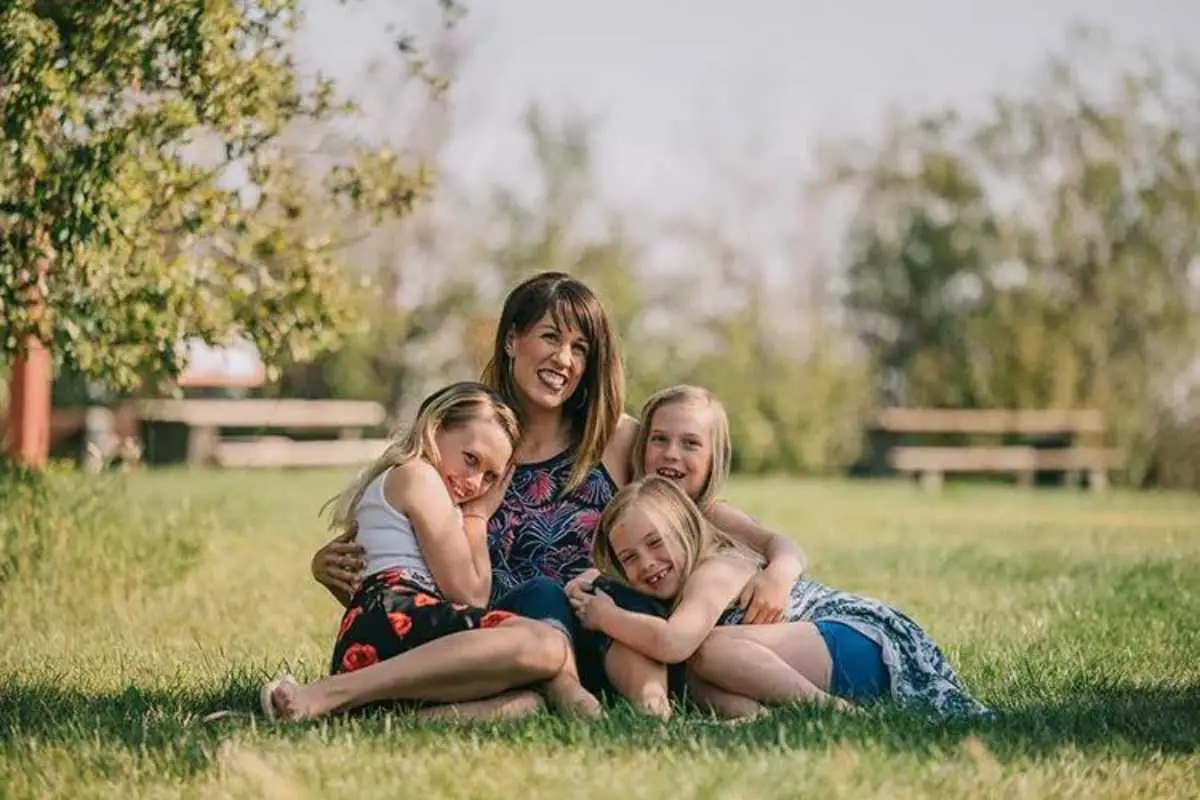
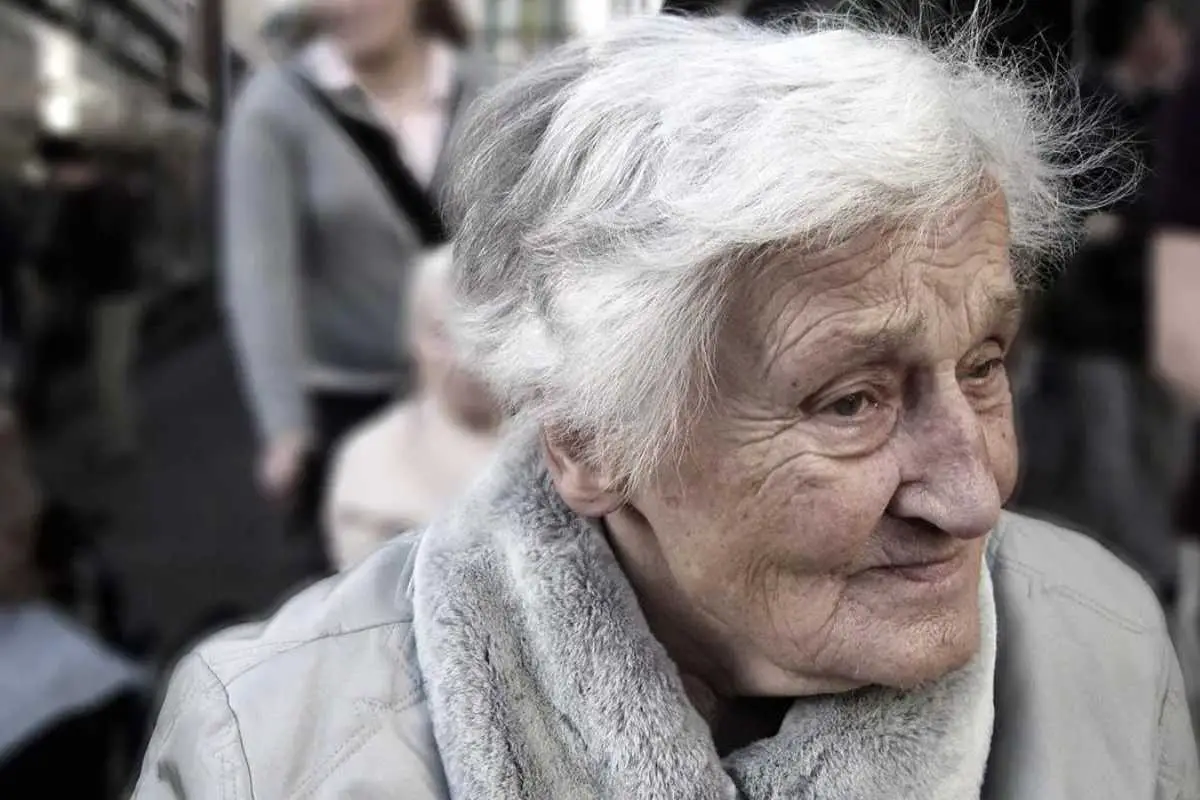

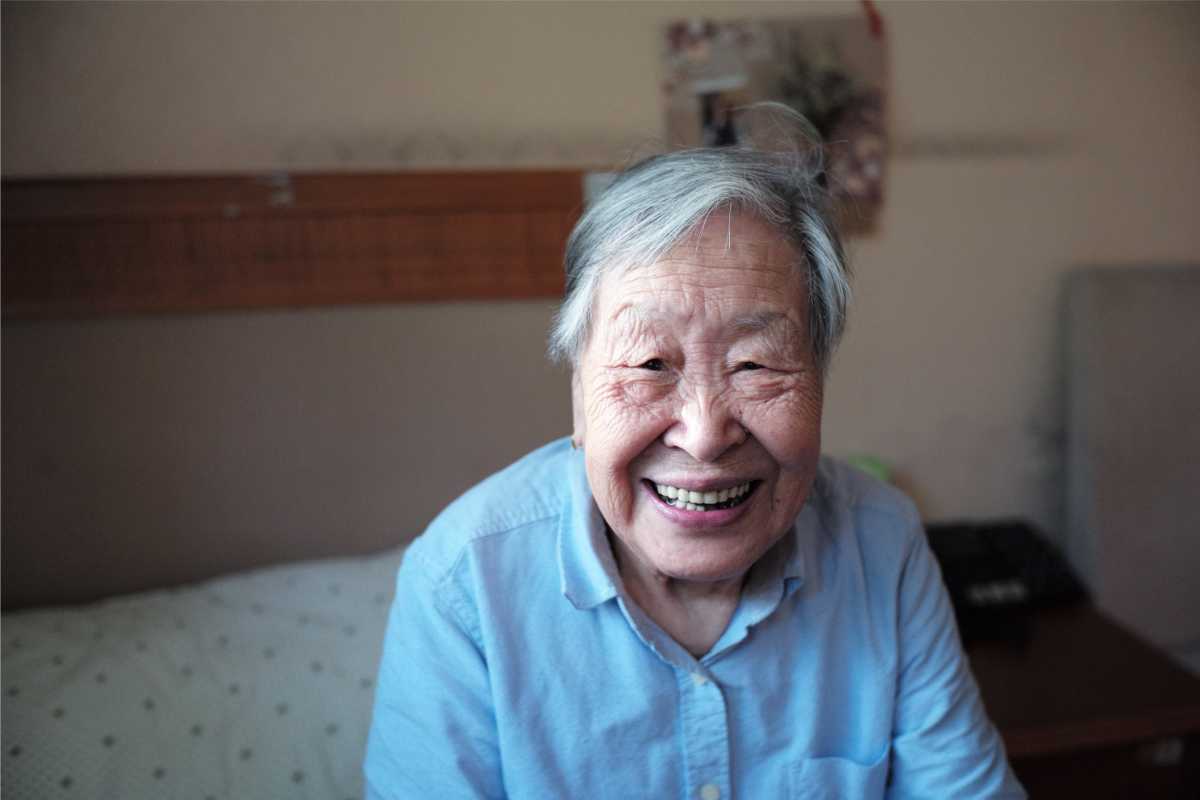
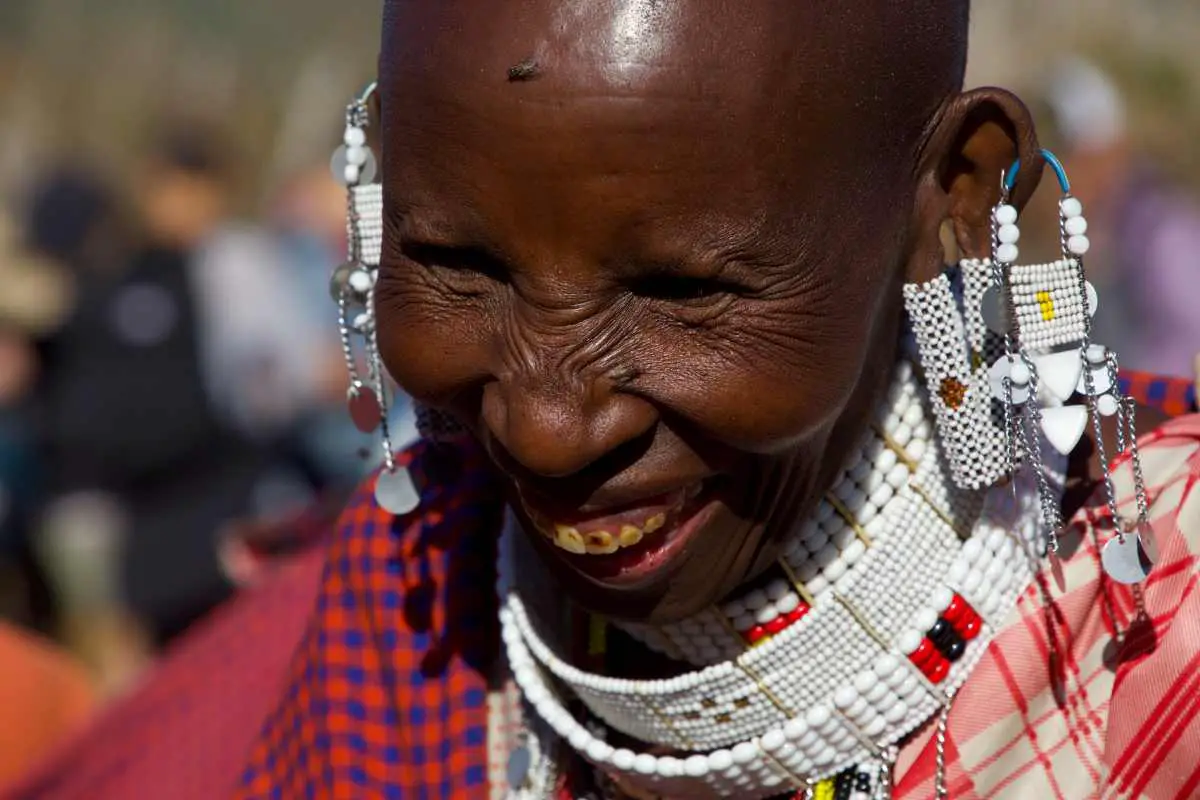
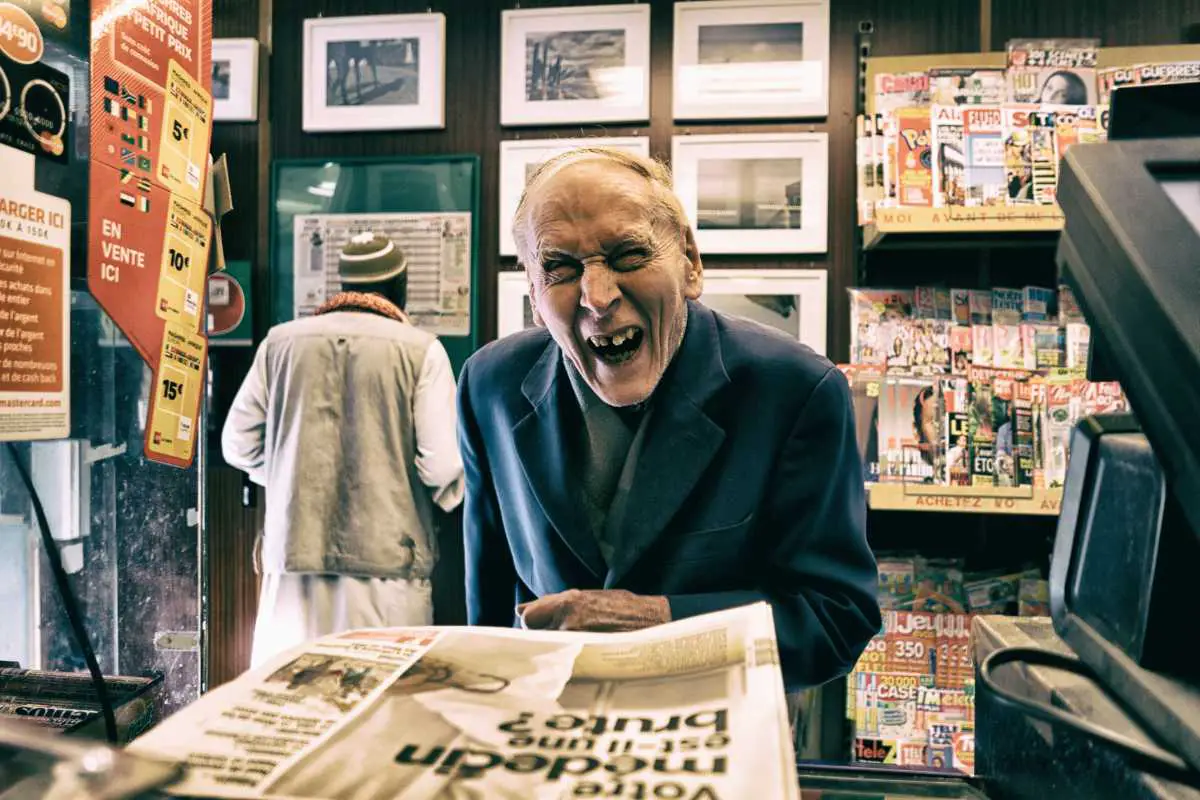
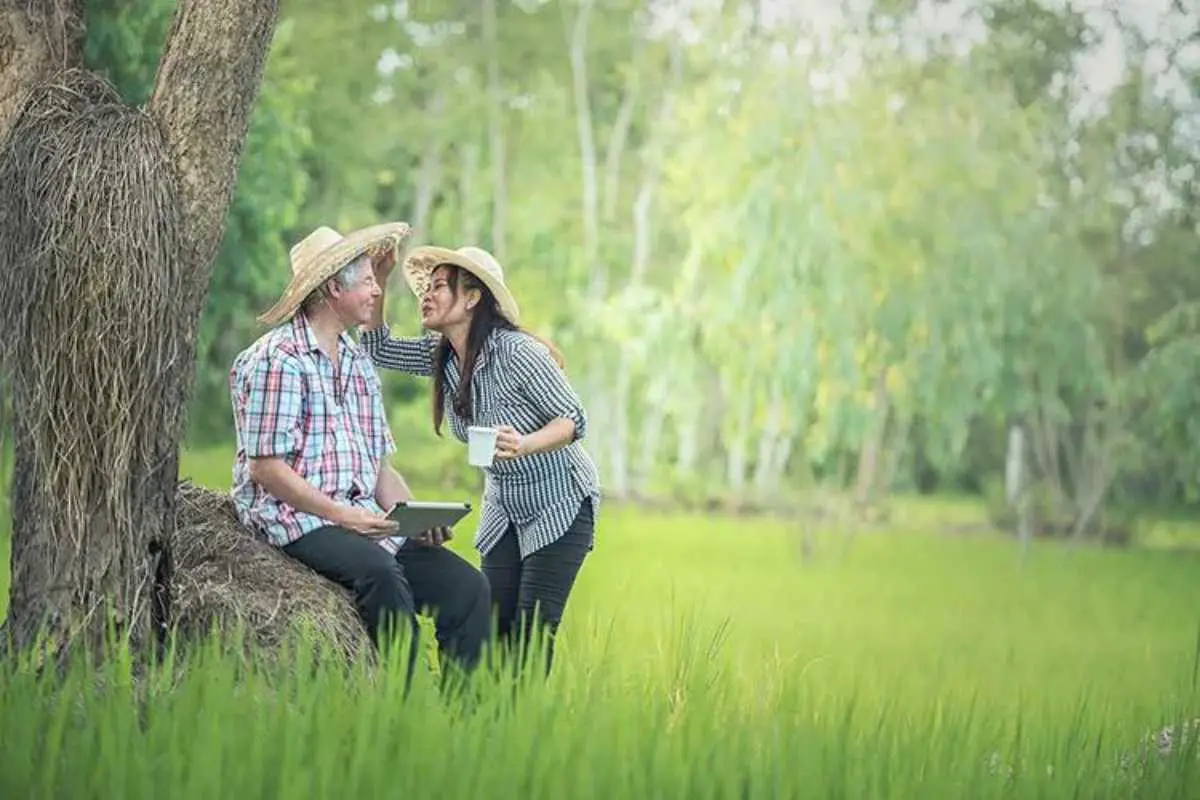
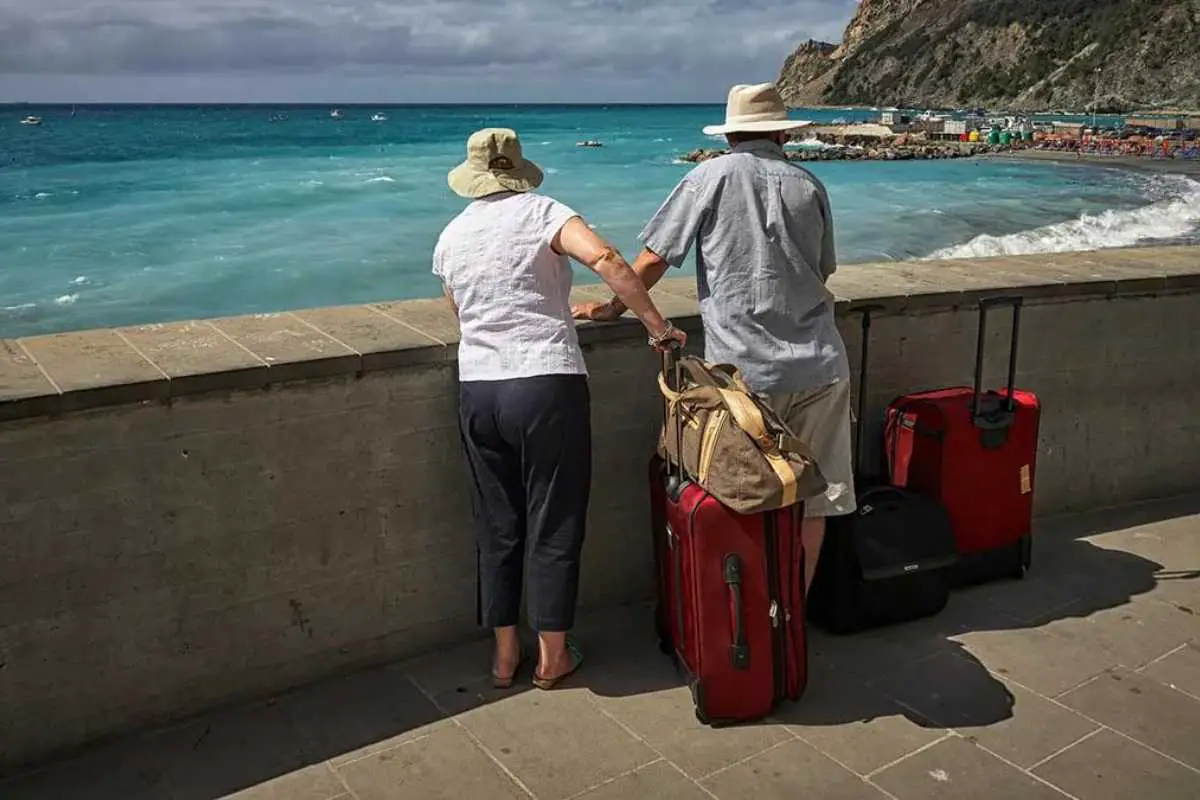

3 comments
First off, Donna, don’t count yourself out so soon. What an admirable thing you had done, taking care of your folks. Care taking is the hardest job of all. Of course you are exhausted mentally and physically. You got a lot of fabulous years yet. The trick is to move. Move everyday. Get a fitbit or tracker and track those steps. I had a colon resection three years ago at 63. After I was released from the hospital I could barely walk down the driveway. Everyday I was able to go a little further. Now I go on mountain hikes. I am not a social butterfly but I enjoy talking to strangers when I am out and about. The women will stay a moment and chat. This is good for my brain and mental health. Get out there and walk. Go to the dog park and interact with other owners. Go walk around a Farmers Market. Those people will talk your ear off. You will feel so much better. You will be surprised how much better you feel when you move. I suspect you might have a bit of PTSD after what you have been through. What you did was selfless and amazing. Now it is your turn. I hope you are feeling better.
Thank you for your response Sandra! I am beginning to feel a bit better but still need self discipline when it comes to taking time for myself again. I try every day to keep busy. My husband and I became grandparents for the first time in March 2022 as my mother was dying. So we can finally begin to have more time with our grandson now. The time with him has been so sweet. We were all out and about yesterday and had so many ch fun! My 4 children have decided to bring Sunday dinners into the picture so we can all get together, mingle, and heal together. I love it! And yes, I would agree I may have some PTSD. I also had my first born son in Iraqi Freedom back in 2005. That was the beginning of some PTSD for us parents. Thanks again, Sandra 😊
I am 62 years old and both my parents have recently passed away. I was their caregiver and was not easy to watch them die. It has been hard for me to carry on mentally and physically. I feel much weaker than I did before I was their caregiver. I used to be physically active but have not been. I feel old now. I didn’t before all of this but I certainly do now and lack the energy & self-devotion. I’m not sure if I can get back to where I was or if this is how it’s going to be from now on and worse. Most people I met used to tell me they could not believe I was as old as I was because I still had a youthful look but in this shorter amount of time, (1-2 years), with my parents’ situation, I seemed to have an older, stressful look. I’m unhappy with myself now. So, I don’t know how to define old but I guess the world can look at me now and say, yeah, she’s older than dirt.